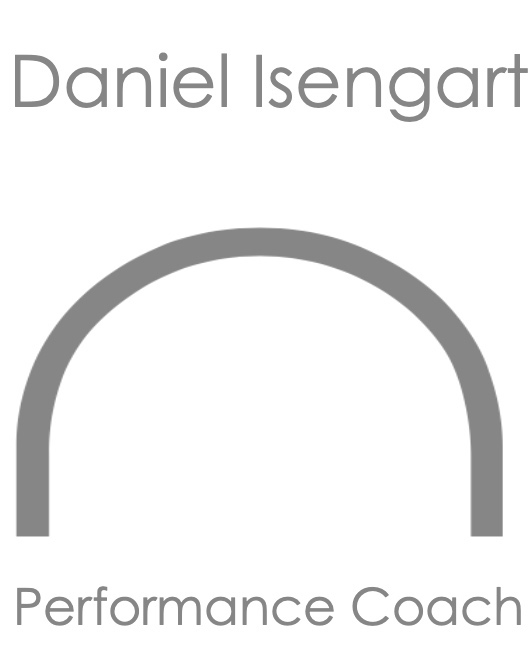A very touching matinee, perfect to celebrate Filip’s birthday.
They played Haydn’s Symphony Nº 7. I often find Haydn’t music somewhat generic. There are wonderful details – the violins in the Andante ma non troppoplayed in a very particular way – fast as lightning speed and brittle, like the sound of glass. Still, Haydn’s music lacks the depth and humanity I find in Mozart. Landscape music. There are some houses in his landscapes, with humans in them, but oine can only see them at a very low resolution.
Mozart’s Violin Concerto Nº 5 – a revelation thanks to violinist Leonidas Kavakos and his rapport with the conductor, the concert master and the entire orchestra. Generous, humble, extremely refined. There were moments when you could have heard a needle drop in the room. The tender exchange between the musicians was palpable – they alllistened to each other. Many soloists play in a disengaged way, as if the other musicians were not even present. Kavakis literally stepped into the orchestra, becoming one with it. It was pure and joyful.
Mozart’s Symphony Nº 14 – stupendous, the last part almost excessive. A constant shift, like rephrasing the same question again and again under a different aspect. Sometimes going through a huge arc of modulations before finding its way back to the starting harmony. Always the dark shadow of doubt or fear coming up – but never for too long. There is an insistence of staying with the light, to always return to it. It reminded me of a line in Filip Noterdaeme’s The Autobiography of Daniel Isengart:
“Years, many years later, he [Filip Noterdaeme] learned from the writings of Vladimir Nabokov and Quentin Crisp that the best way to get people to notice suffering was to show glimpses of it in small intervals with long stretches of time in between.”
